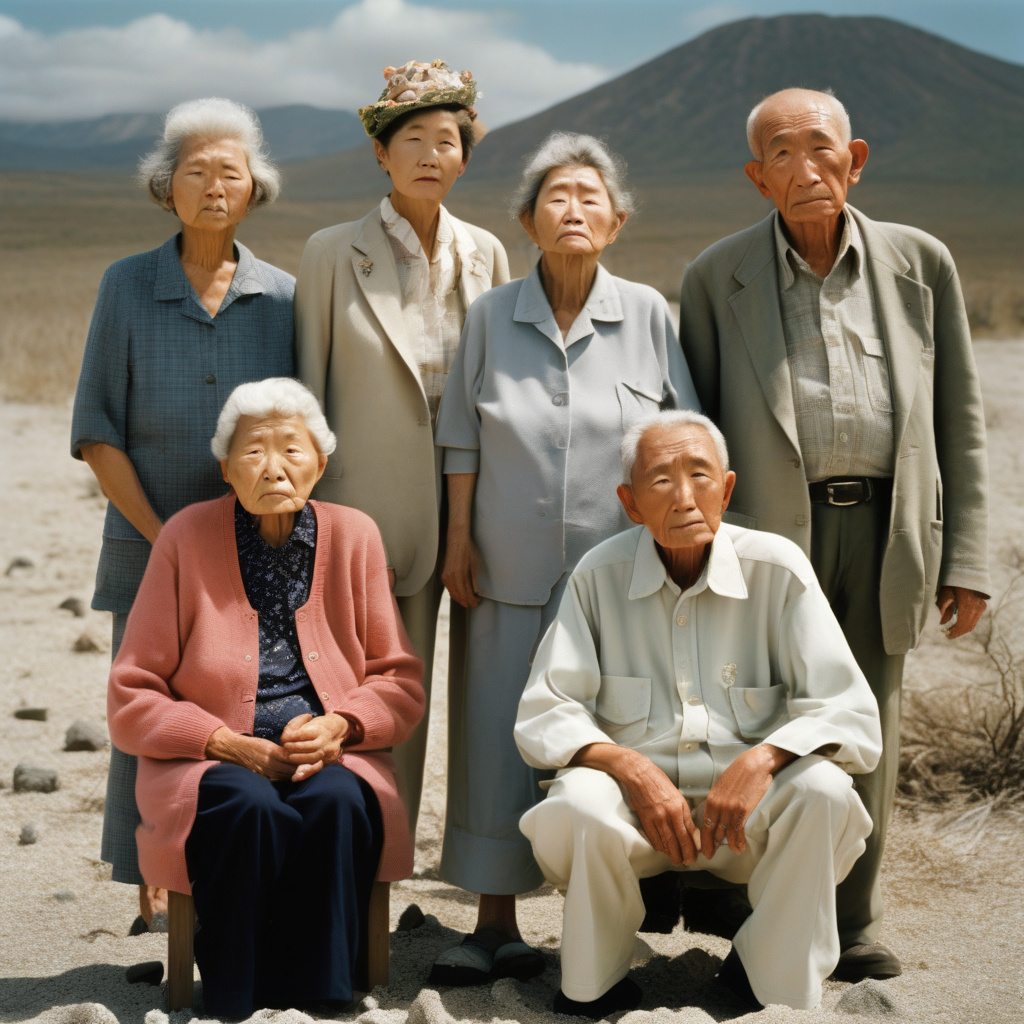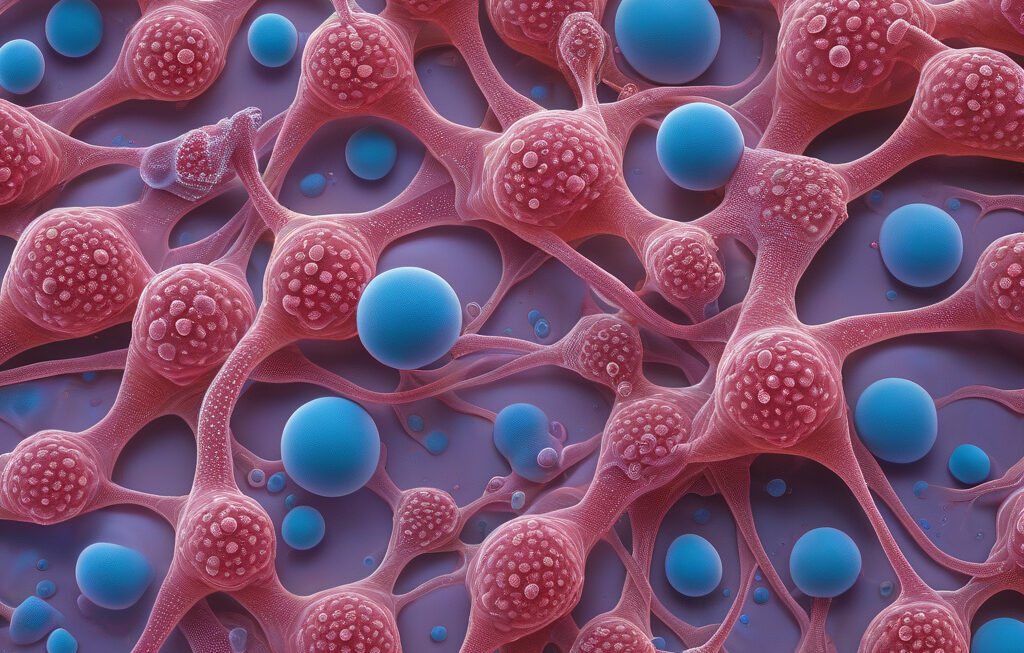Victims of World’s First Nuclear Test to Be Compensated After 80-Year Wait
When the U.S. military detonated the world’s first nuclear weapon near New Mexico’s Jornada del Muerto desert in 1945, little did the nearby residents know that they would become victims of a groundbreaking yet devastating scientific experiment. Now, after an agonizing 80-year wait, the victims of this nuclear test are finally set to receive compensation for the health issues and hardships they have endured.
The Trinity test, as it was code-named, marked a significant milestone in human history, showcasing the incredible power of nuclear fission. However, for the residents of the Tularosa Basin, mostly Hispanic and Native American families, the test brought nothing but suffering. The radioactive fallout from the explosion exposed them to harmful levels of radiation, leading to a myriad of health problems that have persisted for generations.
Despite years of advocacy and outcry from the affected communities, it is only now that the U.S. government has acknowledged the long-lasting impact of the Trinity test and taken steps to address the grievances of the victims. A recent decision by the U.S. Senate has paved the way for a comprehensive compensation package to be offered to those who suffered as a result of the nuclear test.
The compensation includes coverage for healthcare expenses, long-term monitoring of health conditions, and financial support for the affected individuals and their families. This long-overdue recognition of the victims’ plight is a crucial step towards healing the wounds of the past and ensuring that justice is served.
The legacy of the Trinity test serves as a stark reminder of the devastating consequences of unchecked scientific advancement. While nuclear technology has undoubtedly brought about numerous innovations and advancements, it has also left a trail of destruction in its wake. The plight of the Tularosa Basin residents underscores the importance of prioritizing the well-being of communities and safeguarding them from the harmful effects of scientific experimentation.
As we look towards the future, it is imperative that we learn from the mistakes of the past and strive to uphold ethical standards in scientific research and development. The victims of the Trinity test have waited far too long for justice, but their resilience and perseverance have finally borne fruit.
In conclusion, the decision to compensate the victims of the world’s first nuclear test is a significant milestone in rectifying a historical injustice. It is a testament to the power of community advocacy and serves as a beacon of hope for marginalized communities around the world. As we move forward, let us remember the lessons of the past and work towards a future where scientific progress is always accompanied by ethical considerations and compassion for those affected.
Trinity Test, Nuclear Compensation, Tularosa Basin, Scientific Advancement, Community Advocacy











